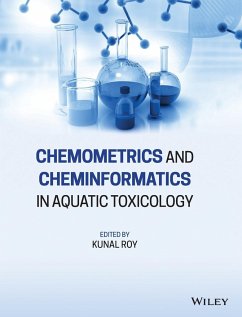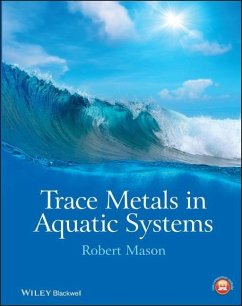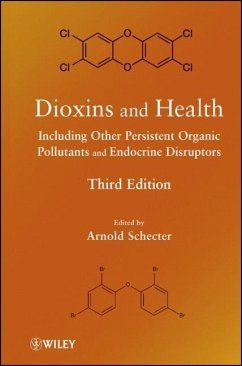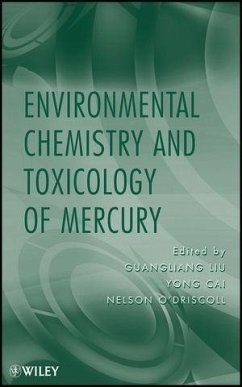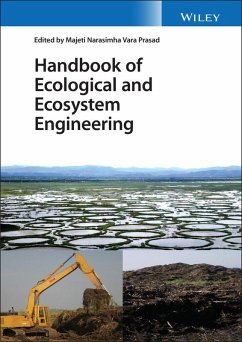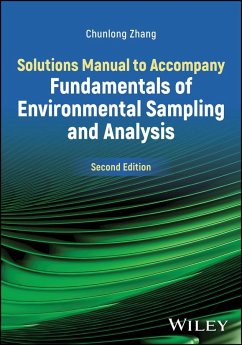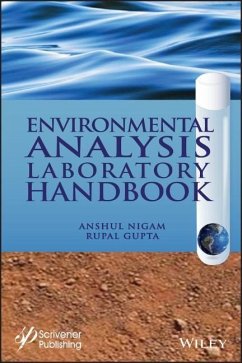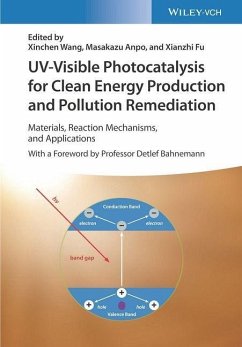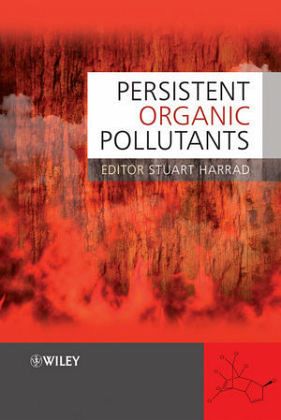
Persistent Organic Pollutants

PAYBACK Punkte
82 °P sammeln!
Persistent organic pollutants (POPs) are organic compounds that remain intact in the environment for long periods, become widely distributed geographically, accumulate in the fatty tissue of living organisms and are toxic to humans and wildlife.
Persistent Organic Pollutants (POPs) are toxic, resistant to degradation, bioaccumulative, and display wide spatial distribution. They accumulate in humans and wildlife, and have been linked to cancer, as well as reproductive and immunological disorders. In 2001 a global treaty on POPs was agreed, to minimise and ultimately eliminate the release of POPs into the environment. The Stockholm Convention lists 12 groups of chemicals, and as of late 2008, a further 12 chemicals are under consideration for inclusion.
This book addresses all of these chemicals, but focuses particularly on currently listed POPs that are still of major concern (e.g. polychlorinated biphenyls - PCBs), as well as new and emerging POPs that have been the subject of an explosion of scientific interest in the last decade, i.e. brominated flame retardants (BFRs) and perfluorinated chemicals (PFCs). Other chapters address the challenges posed by the presence of POPs in the developing world; how the properties of chiral POPs can provide unique insights into their environmental sources, fate and behaviour; and issues arising from the presence of POPs in urban and indoor environments. Persistent Organic Pollutants provides a much-anticipated reference source for a wide audience including academics, industrial scientists and regulators.
This book addresses all of these chemicals, but focuses particularly on currently listed POPs that are still of major concern (e.g. polychlorinated biphenyls - PCBs), as well as new and emerging POPs that have been the subject of an explosion of scientific interest in the last decade, i.e. brominated flame retardants (BFRs) and perfluorinated chemicals (PFCs). Other chapters address the challenges posed by the presence of POPs in the developing world; how the properties of chiral POPs can provide unique insights into their environmental sources, fate and behaviour; and issues arising from the presence of POPs in urban and indoor environments. Persistent Organic Pollutants provides a much-anticipated reference source for a wide audience including academics, industrial scientists and regulators.



